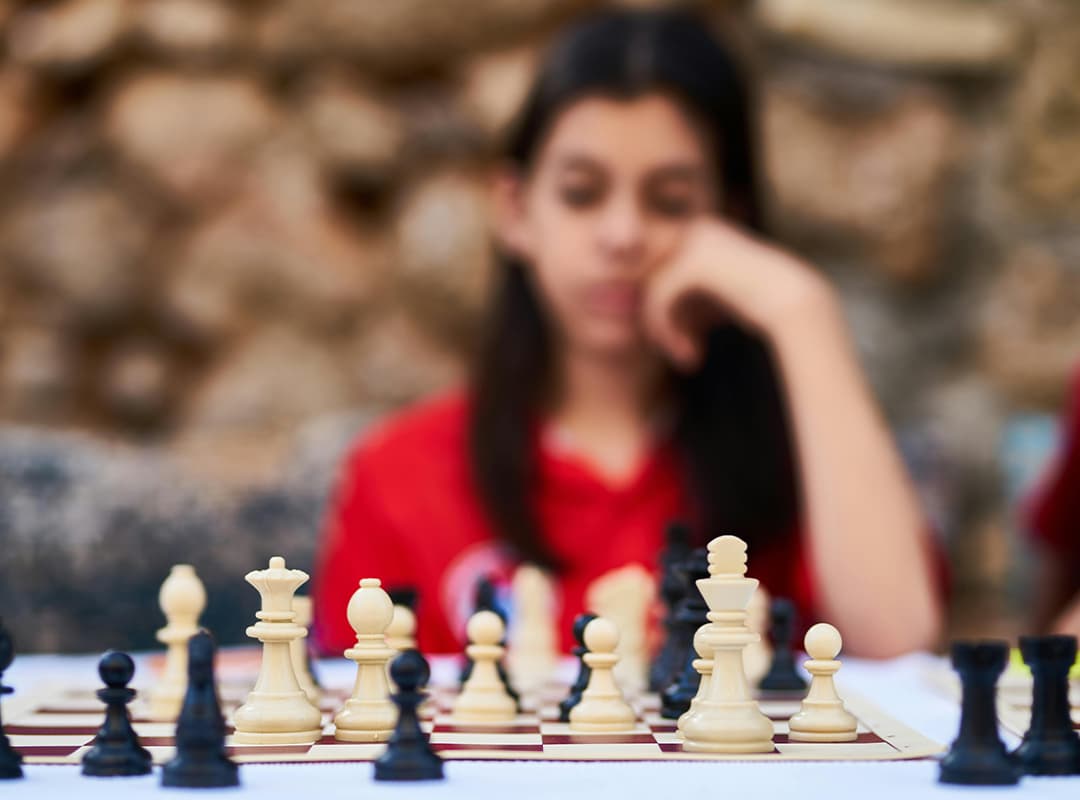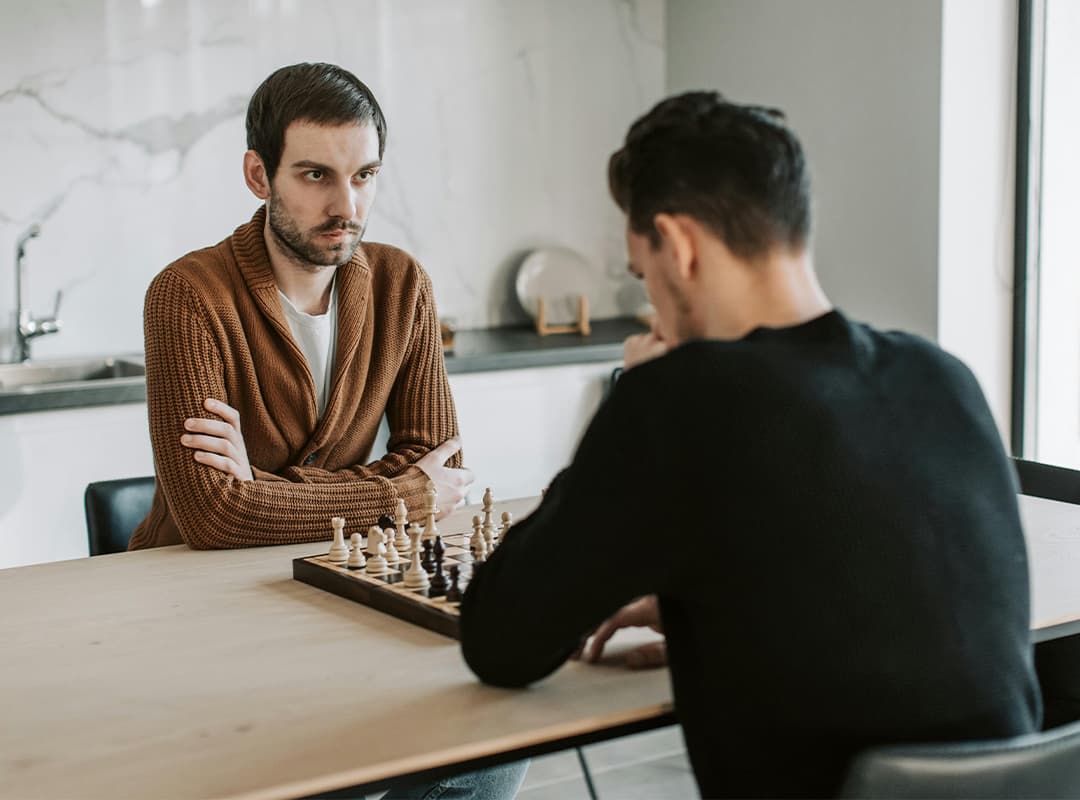Chess is often regarded as a game of intellect and strategy, but the psychological aspects are equally crucial for success. Mastering the mental side of chess involves not only strategic planning but also cultivating qualities such as patience and endurance. These traits are vital, especially during long matches or tournaments where the pressure can be intense. This article explores how players can develop patience and endurance in their chess practice, enhancing both their performance and enjoyment of the game.
Understanding the Importance of Patience
Patience in chess is more than simply waiting for the right moment to make a move; it involves understanding the nuances of the game and resisting the urge to rush decisions. Impulsive moves often lead to mistakes, while careful consideration can yield significant rewards. Developing patience begins with recognizing the inherent nature of chess as a complex and often slow-paced game. Players must train themselves to embrace the process, focusing on each phase of the game rather than fixating solely on the end result.
One effective way to cultivate patience is through slow-paced practice games. Players can challenge themselves to take their time and think deeply about each move. By playing longer time controls, such as classical or correspondence chess, individuals can develop the habit of thoughtful reflection. Engaging in slow-paced games encourages players to analyze positions thoroughly and explore various strategic options, reinforcing the value of patience in decision-making.
Building Endurance for Long Games
Endurance in chess refers to the ability to maintain focus and performance over extended periods. Long games, particularly in tournament settings, can test a player’s mental stamina, making it essential to develop techniques for sustaining concentration. One of the best methods to improve endurance is to simulate tournament conditions during practice.
Players can achieve this by setting up training sessions that mimic the length and intensity of actual tournaments. For instance, playing multiple rapid or classical games in succession can help build mental resilience. Additionally, incorporating physical exercise into the routine can significantly enhance endurance. Engaging in regular physical activity boosts overall health and improves cognitive function, which translates into better focus during long chess matches.
The Role of Mindfulness
Mindfulness practices can also play a pivotal role in enhancing both patience and endurance. Techniques such as meditation or focused breathing exercises help players center their thoughts and reduce anxiety. Mindfulness encourages players to remain present, enabling them to manage distractions and maintain concentration during critical moments of the game.
Incorporating mindfulness into chess practice can be as simple as taking a few moments to breathe deeply and clear the mind before making a move. This approach helps players refocus their thoughts, making it easier to approach complex positions with a calm and composed mindset.
Utilizing Technology: Play Computer Chess
Playing computer chess is another valuable tool for developing patience and endurance. Computer opponents can provide a steady challenge without the emotional pressure of facing a human competitor. By adjusting the difficulty settings, players can create scenarios that push their limits and require careful consideration of every move. Additionally, analyzing games played against a computer can offer insights into decision-making processes and areas where patience is needed.
When playing against a computer, players can also experiment with various strategies and openings at their own pace. This flexibility allows them to focus on learning and refining their skills without the immediate pressure of competition. As they encounter different positions and responses from the computer, players learn to adapt and develop patience in navigating complex situations.
The psychology of chess is a fascinating and essential aspect of the game, particularly when it comes to developing patience and endurance. By recognizing the importance of these qualities and implementing strategies such as slow-paced practice, simulating tournament conditions, engaging in mindfulness exercises, and utilizing technology to play computer chess, players can enhance their overall performance and enjoyment of the game.
As chess continues to evolve, so too does our understanding of the mental elements involved. By honing their psychological skills, players not only improve their game but also cultivate a deeper appreciation for the intricacies of chess. Ultimately, the journey toward mastering patience and endurance is a rewarding endeavor that enriches the experience of every chess enthusiast.



